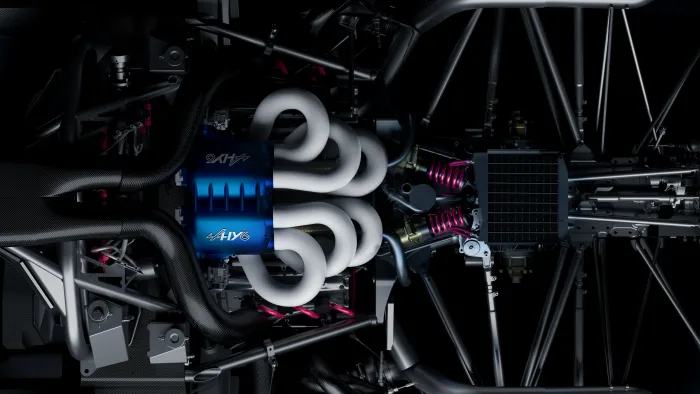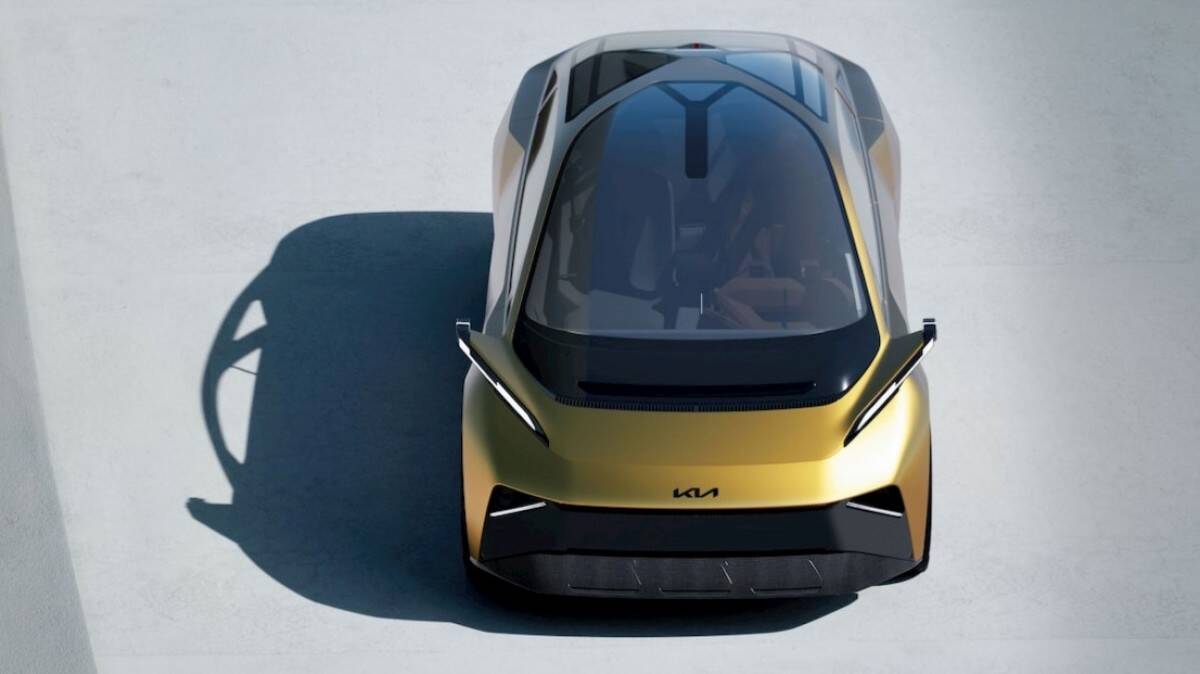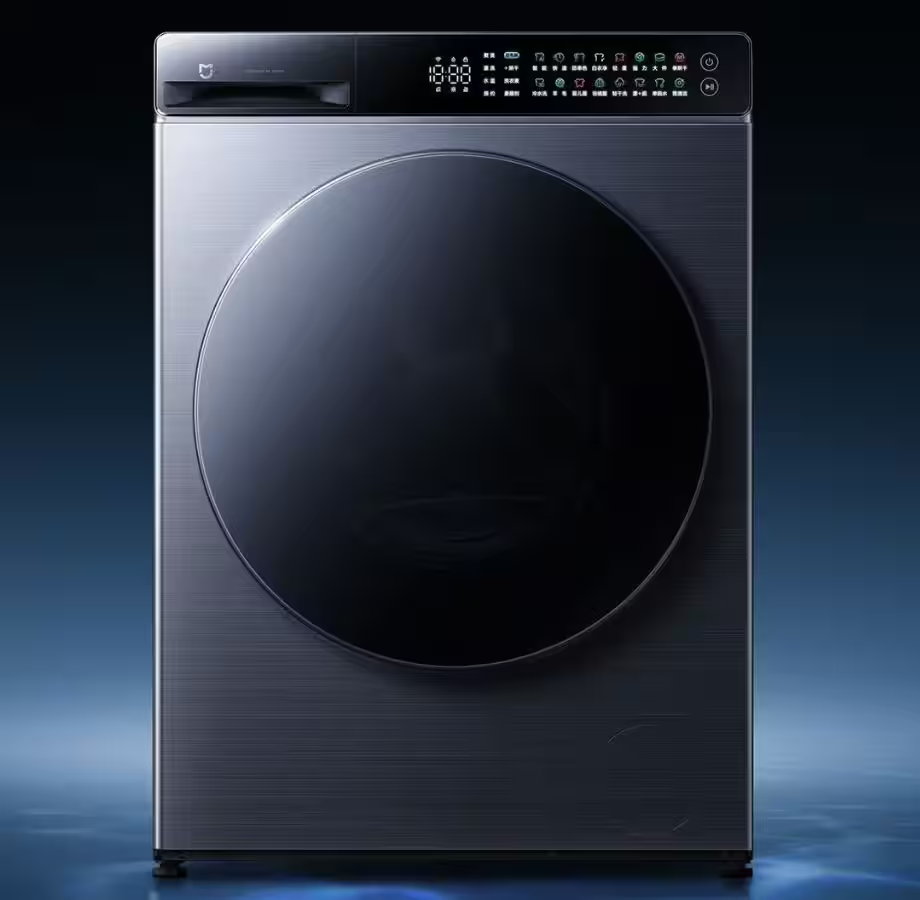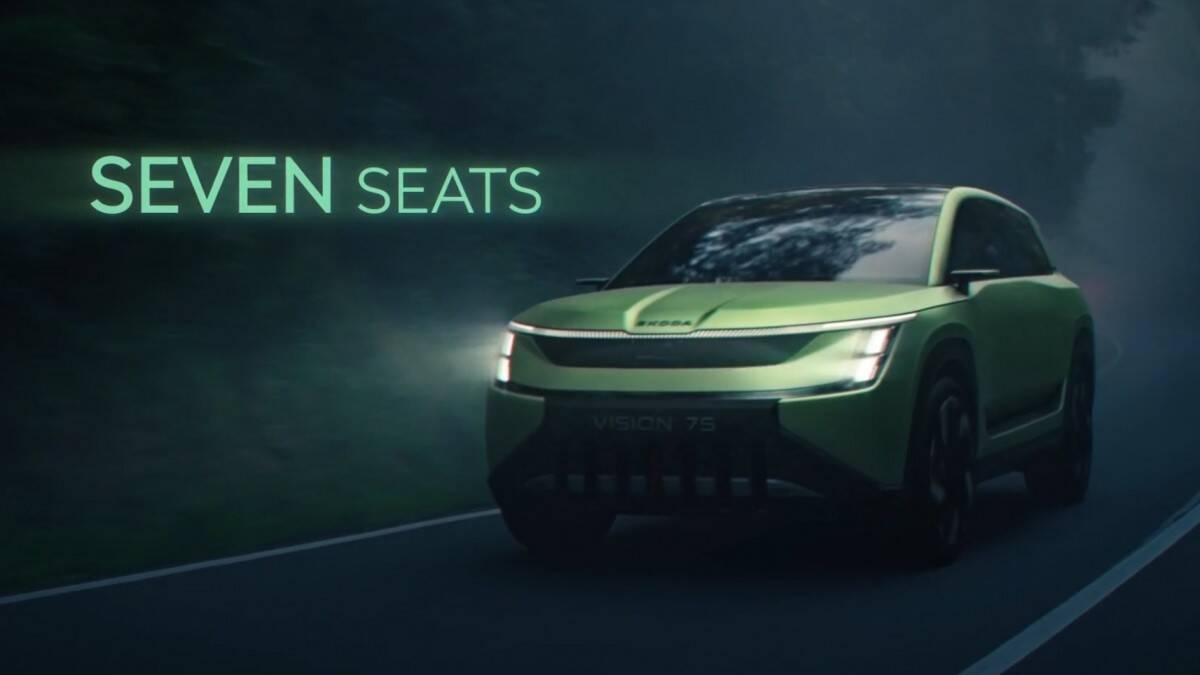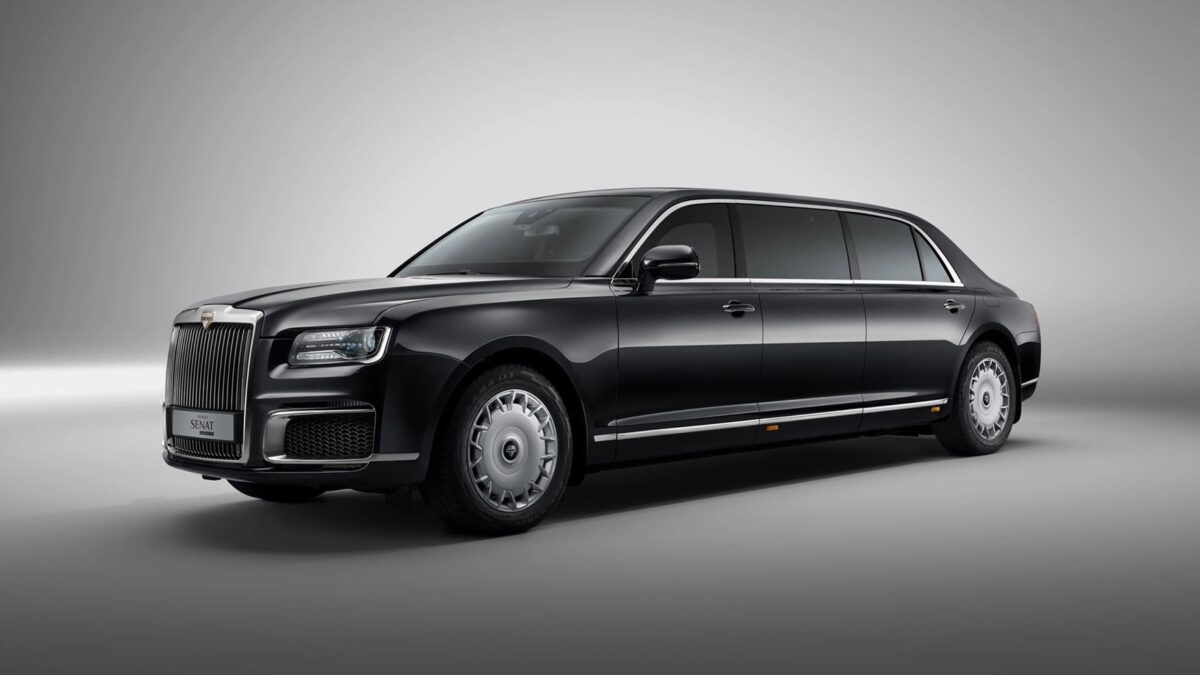Alpine’s new hydrogen engine could change motorsport
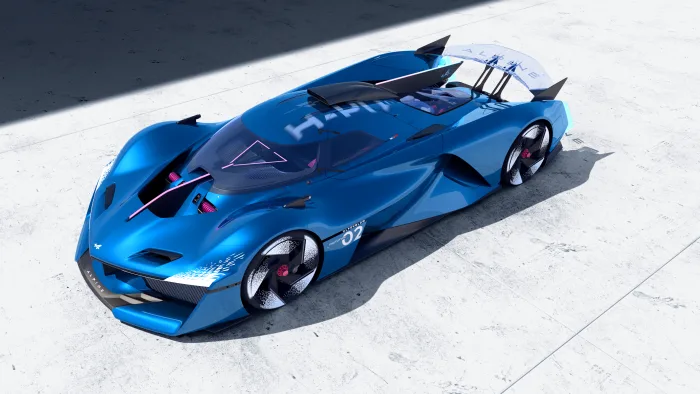
With 740 horsepower and minimal emissions, Alpine’s new Alpenglow Hy6 hydrogen engine promises to revolutionize the world of high-speed, low-pollution racing. Alpine aims to set new standards for sustainability in motorsport with this cutting-edge hydrogen engine.
Alpine is committed to setting new standards for sustainability in motorsport.
A hydrogen revolution under the hood
Alpenglow Hy6 is powered by a 3.5-liter twin-turbocharged V6 developed in collaboration with French racing team and sports car manufacturer ORECA. The engine uses hydrogen instead of conventional gasoline, allowing it to retain the power of a traditional internal combustion engine, but with cleaner technology. Unlike hydrogen fuel cells, which require an electric motor and battery, the Hy6 stays true to the internal combustion format, but with the use of hydrogen to reduce emissions.
Hydrogen fuel cells require an electric motor and battery.
The Potential of Hydrogen Engines in Motorsport
Alpenglow Hy6 is not just a concept, but a real look at the future of hydrogen-powered racing. The engine produces 730 hp at 7,600 rpm and 570 lb-ft of torque at 5,000 rpm, making it a liter more powerful than Alpine’s ultra-exclusive A110 R Ultime gasoline model. The car’s top speed exceeds 330 km/h, showing that hydrogen powertrains can compete on the racetrack, especially in the face of tightening environmental regulations.
Hydrogen powertrains can compete on the racetrack.
«With the development of the new Hy6 V6 engine, we are demonstrating our commitment to hydrogen research, which could lead to its application in high-performance motorsports,»” said Bruno Famin, vice president of Alpine Motorsports. «This solution allows us to keep the passion for racing alive, with a noble V6 sound that thrills drivers and spectators alike as it reaches 9,000 rpm.»
An Alpine Motorsports engine with a noble V6 sound that thrills drivers and spectators alike as it reaches 9,000 rpm.
.
A nearly emission-free engine
Although hydrogen engines are often called «clean», they are not completely emission-free. Burning hydrogen does not emit CO2, but it does produce oxides of nitrogen (NOx), which still pollute the atmosphere. So the technology has advanced a long way, but it is still not completely environmentally friendly.
Hydrogen combustion is not a clean technology.
Looking to the Future
When and how this technology will become part of everyday life remains a question. However, the desire to see more hydrogen race cars on the track in the near future is clear. The ACO and FIA have already approved the use of hydrogen cars in upcoming races. High revving engines and the roar of exhaust may not be about to disappear from motorsport just yet.
High revving engines and the roar of exhaust may not be about to disappear from motorsport.

